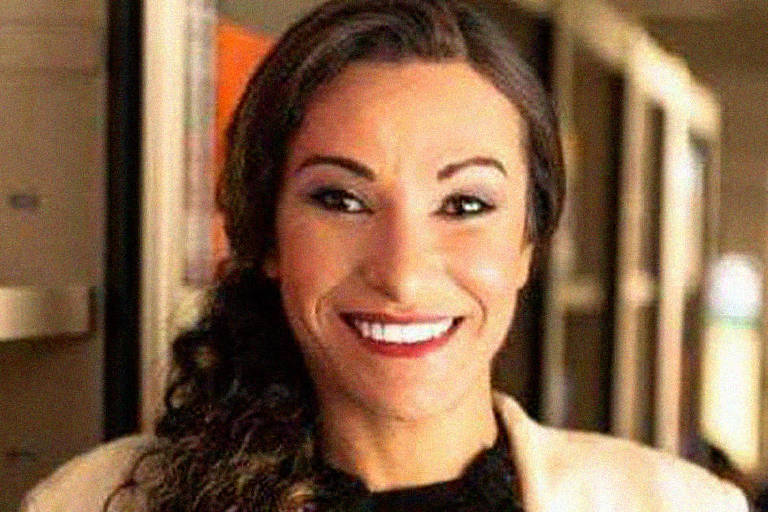The presence of transvestites and transsexuals in universities has increased in recent years with the adoption of quotas in public and private entities. In the field of science, there are still hurdles to overcome, such as the stereotypes that still surround this part of society.
The first transvestite doctor and university professor in Brazil, Luma Nogueira Andrade, 44, professor at Unilab (University of International Integration of Afro-Brazilian Lusophony), in the municipality of Redenção (CE), believes that there is greater openness today, but there is still the path of inclusion and reception represented Big challenge.
“There is a historically organized problem that often prevents us from being recognized and legitimately occupied due to the knowledge produced, which breaks down traditional and conservative paradigms,” Loma says.
Luma defended a thesis in education at the UFC (Federal University of Ceará) about transgender people in schools, in 2012. The following year, he joined the permanent staff of Unilab.
“It was very difficult to be the first to occupy this place and put the subject as relevant in the scientific field because the current research on transgender and transgender people in the humanities was initially conducted in the field of prostitution,” says the professor.
“When I begin to take another look at the perspective that I have experienced, that there are transvestites and transsexuals not only in big cities, but also in rural areas, I begin to translate knowledge that was not known at the time. Scientific knowledge.”
Lama started his academic career in the field of biological sciences. The issues that emerged in relation to sexuality led the professor to link biological knowledge with the human sciences. One of the points raised was to demystify the idea that transvestites are directly related to the field of prostitution.
“It can’t be the only place it’s being published with common sense and science,” Loma says.
“It was difficult to bring this topic from within the school space into the field of science, because it was not considered something scientific and relevant.”
According to the professor, there is a part of researchers and scientists who are still conservative, who influence both the identification of the topic and the opening up of the possibility of transgender people and transgender people exercising their dynamics as scientists.
“When people aren’t aware of this new knowledge, this dynamic becomes a bit complicated. It’s one of the aspects that continues to greatly influence the reality of transvestites and transsexuals experiencing the space of science.”
The world still sees a process of discrimination and distrust, as well as an attempt to produce “distrust” in the process.
“Today we find transvestites and transsexuals who are a little separated from this because of the openings that have been achieved throughout our history, through the struggles of movements, that have a very strong influence on the struggle for public policies, for rights, for inclusion. Satisfactory.”
Another obstacle that these groups face in the academic world is the use of the social name, despite the decision of the Ministry of Education, ratified in 2018, which authorizes its use in registration in educational institutions in the country.
“Internally there was still difficulty because the bureaucracy was created to recognize this gender identity,” he says. “It was enough to get to know what a person wanted.”
This also happens in the professional environment. According to Lama, there are still scholars who ignore the social name, make dialogue difficult and hinder people.
“Many scientists who still lack the openness to understand the question of the philosophy of difference, cannot treat their transient colleague the way they define themselves, as they present themselves. They choose to bring up traditional issues, not recognizing the biological developments science has produced,” says Luma.
The presence of transvestites and transsexuals in places that had hitherto been taboo promotes cognitive change, not only in knowledge production, but also in people, according to the Unilab professor.
“People start to demystify their myths and live with that marginal body. It’s really a learning experience, and it produces transformation.”


